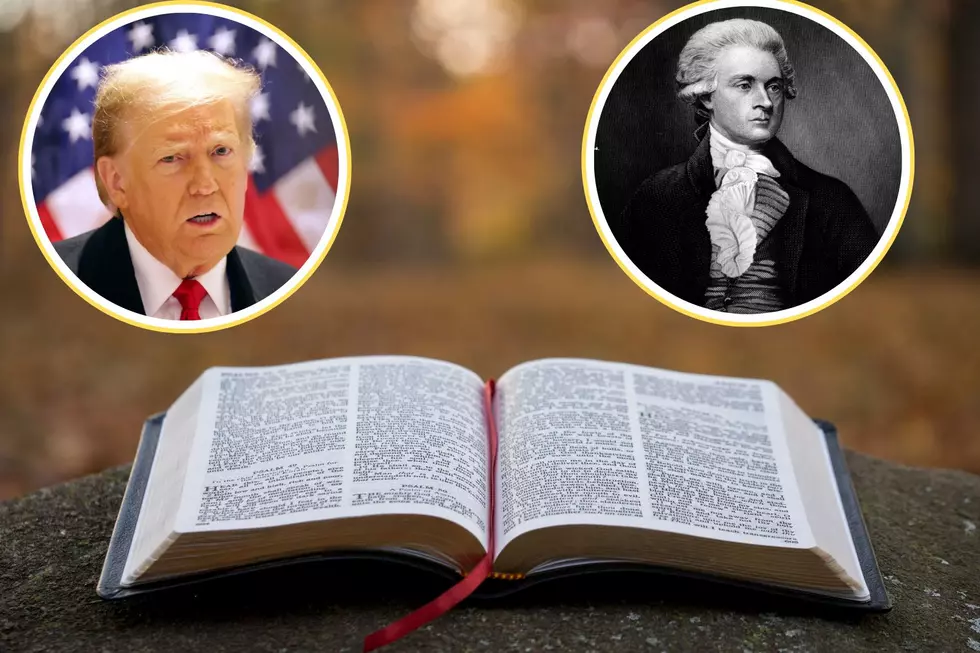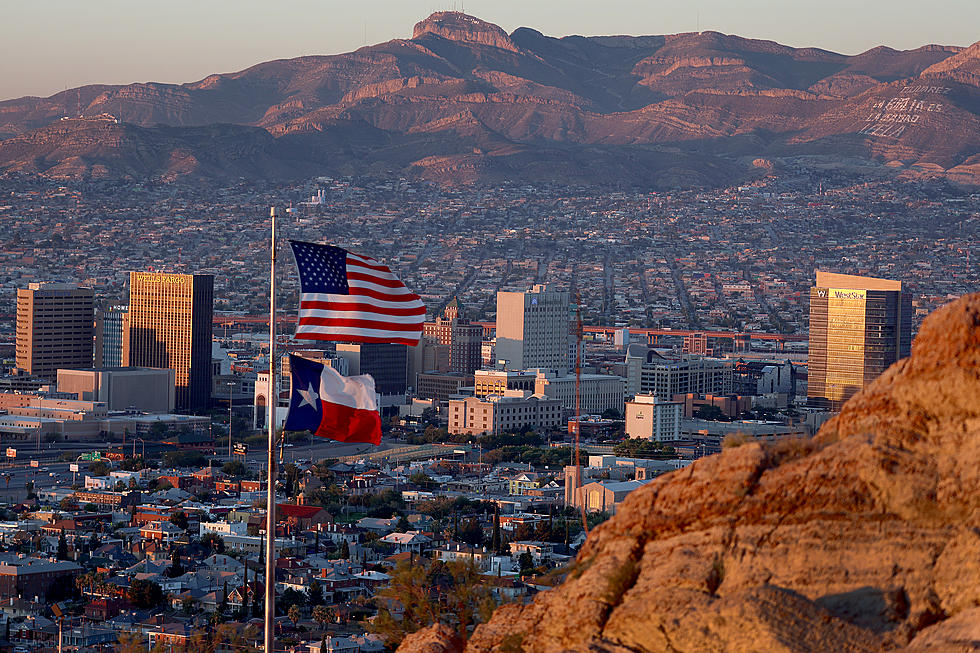
Did a Trump Policy Cause El Paso Census Slump?
El Paso’s population growth in the 2020 census was an anemic 5%. It was the lowest growth the city had experienced since the Great Depression. Compared to the rest of Texas (an average of 15% growth) El Paso’s growth was notably sluggish. The most likely result of this will be El Paso County receiving fewer seats, thus less clout, in the Texas House of Representatives.
To be clear, Census Bureau estimates HAVE shown a slower rate of population growth over the past ten years, since the last census in 2010. I think the trend may have been exacerbated by a Trump-Era policy. Specifically, the former President’s attempt to include a citizenship question to the 2020 census.
In modern history, the U.S. Census has NOT included a question about citizenship status for a couple of very good reasons. One, the goal is to count total numbers of residents, regardless of status. Two, what person with less-than-legal status would ever admit that on an official government document.

Ultimately, the United States Supreme Court struck down the citizenship question and it did not appear on the 2020 census. I think the damage, intended or not, was already done.
A 2019 analysis in the Wall Street Journal predicted some of the ramifications if the citizenship question were included; chief among those, an undercount in many U.S. border communities.
Trump’s quest to include the question was a matter of national and international news and commentary for a year before it was finally squashed by the Supreme Court in June 2019. The possibility of being asked about their immigration/citizenship status was well-known to immigrants, both legal and non-legal, for that entire period. Many immigrants, already cautious about answering too many questions, may have decided that it wasn’t worth the risk to participate in the census, despite repeated assurances. And, it’s not just undocumented aliens that might have second thoughts. People on Green Cards and work Visa’s, gauging the “mood” of the country during the Trump years, may have had reservations. Likewise, U.S. citizens may have been spooked. Especially in a border city like El Paso, many people, even those born and raised here, might have a cousin living with them who was a Visa overstay or a grandparent who came for a visit and then sort of…just stayed. Any of those people might not answer the door when the census came a-calling.
There’s no real way to prove this was a major contributor to the slow-growth or even that it was a factor at all. Whatever the reason, El Paso will have a weaker voice in Austin because of the downturn.
Unmistakable Signs It's Springtime in El Paso
More From KLAQ El Paso









